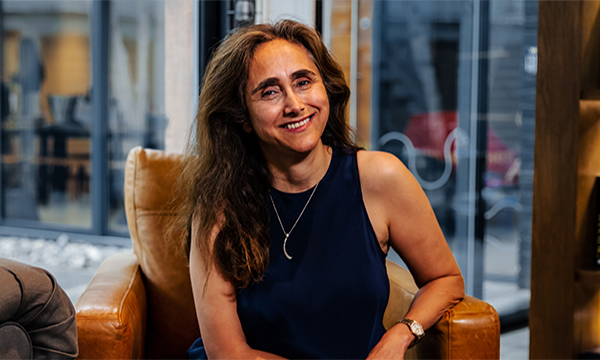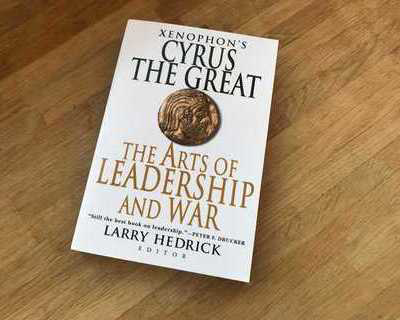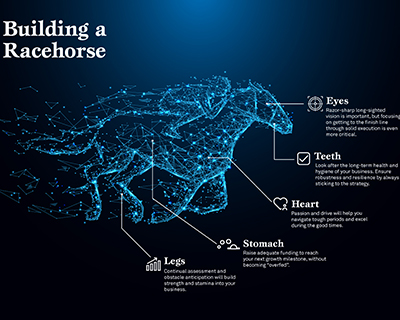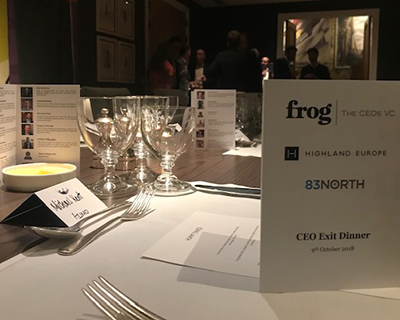On 24th of January, a group of angel investor friends and colleagues gathered for lunch at Frog Capital’s offices in Kings Cross to discuss Valuation. The session was led by Senior Partner and active angel investor, Shirin Dehghan. We had a great turnout with twelve of the great and good of angels living in Cambridge, Oxford and London joining the session, exchanging thoughts.
Everyone had experienced an increase in valuation. This increase is more acute as the letters in the series progress. Over the past five years, median pre-money valuation for seed rounds has increased from $5 million to $7 million. The increase in median pre-money valuation is even more pronounced when analysing Series A round and B round valuations: Between 2013 and 2018, the median A round valuation more than doubled, from $9 million to $20 million. B round valuation nearly doubled from $31 million to $60 million. The data for this analysis was obtained from 4,000-plus data points from Pitchbook between 2013-2018. This is also definitely what the angels see on the ground: what used to be classed as series B five years ago is now series A. This reclassification has a cascading effect on valuation.
In searching for the answers, we looked at some data; according to Business Insider, in 2017 venture capital reached over $84 billion of investment – four times what was invested ten years prior. VC funds are able to raise bigger funds, and since 2014, $318 billion has been raised by private VC funds. The SoftBank vision fund tops the chart at $100+ billion, with other examples such as Vista Equity partners and Sequoia each raising $12+ and $8+ billion respectively. Clearly the increase in capital availability has meant a great deal more competition, therefore driving prices up. During the event, we also discussed access to technologies such as Amazon Web Services and GitHub that allow founders to greatly reduce startup or overhead costs. The angels felt the UK SEIS and EIS tax relief had also had a role in increasing valuation at seed stage.
Better ecosystems and learning also clearly help reduce risk of failure thus creating much better quality companies and enabling these companies to scale much more quickly. Certainly, we have seen a great deal more IPOs (especially in Europe) thus increasing investor confidence. Below gives a snapshot of the IPOs up to end of Q2 2018:
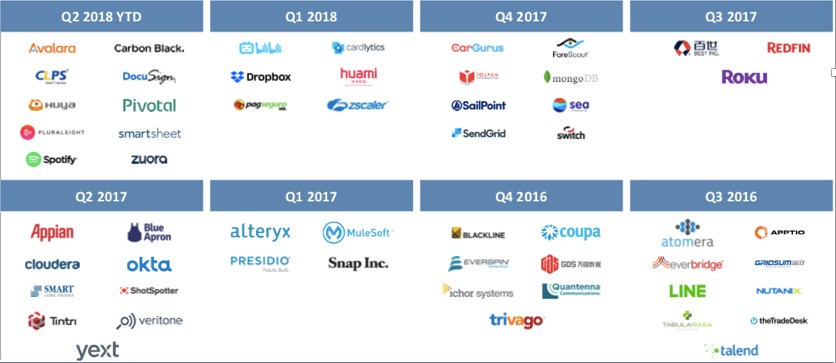
Overall, the angels were not happy with the rise in valuation at seed stage. However, they did acknowledge that there is now greater opportunity for secondary liquidation. This is especially true as more and more companies choose to remain private. Companies are able to raise significant growth capital and provide liquidity to early investors whilst carrying on the dream of growing their companies further, without the need for IPO and the public scrutiny that goes with that.
Angels did however discuss the issue with founder(s)’ overconfidence and desire to raise at maximum valuation leading to onerous VC terms and/or unrealistic expectation on exits. This was universally acknowledged by all angels. It was felt that entrepreneurs need to pay far more attention to how they present to their investors. Fifteen words on 10 slides is not an acceptable business plan or investment deck – writing a business plan (even 5 or 6 pages) is a discipline that needs to be kept.
Other key things that are important to angels that were discussed:
- Given the choice between price and terms, investors will always choose good terms.
- If you have an opportunity to get a decent return, take the opportunity.
- When Angels invest in a seed round, we are fully expecting that there will be a pre-series A, or super seed. The transition is never simple!
- Valuation is cyclical and it was felt that we are at the end of the cycle but how close to the end are we? When and what is going to correct it? Unfortunately, no one knows!
- Valuation at seed stage is more of an art than a science, however angels base their decision on expected exit and how much investment the company is likely to need to get there. As a rule of thumb, an angel expects to achieve 10-20 times the seed investment.
- Angels care far more about the team. Market size is critical, and Product needs to work and clearly is important, but team quality tops their decision chart.
- Some angels have had good experience with taking on turnaround companies where IP is solid. However, this comes with a lot of baggage and headache, and whoever goes into these companies needs to be prepared to put in the work to sort things out.
- When thinking about valuations, consider these questions:
- Is it going to break my bank?
- Are they people I want to work with?
- Is this something that’s worthwhile doing?
- Are they going to exit before I do?
At the end of the day, we all collectively decided that actually we should not focus on valuation at seed stage. Instead, we should focus on doing something we enjoy and working with people we like. It all came back to the people again!

